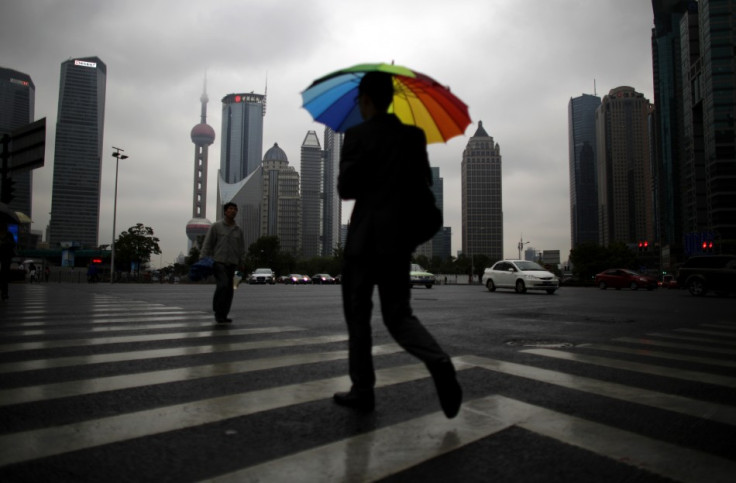China's Services Industry Expands on Government Support Measures

China's services sector picked up in July despite weakness in the manufacturing sector, a sign that the country's recently introduced stimulus measures for small firms seem to be working.
China's National Bureau of Statistics (NBS) said that the non-manufacturing purchasing managers' index (PMI) rose to 54.1 last month from June's 53.9. A reading above 50 indicates expansion in the sector.
The services industry accounted for 46% of China's gross domestic product (GDP) in 2012. It overtook the manufacturing sector as the country's biggest employer in 2011.
The data "indicate the non-manufacturing sector is improving, with the new orders sub-index consistently staying above 50, setting a good foundation in terms of demand for a stable growth," said Cai Jin, a vice-head of the China Federation of Logistics and Purchasing, which compiles the index on behalf of the NBS.
"In general, the index pointed to a good start of the economy in the second half. Although there are still challenges, China has the foundation and conditions to maintain stable economic development," Cai added.
In order to recover from an unexpected GDP growth slide in the first quarter, China has undertaken a series of fine-tuning measures. It has announced reforms to scrap business and value-added taxes for small firms, cut red tape for importers and exporters, simplified foreign exchange rules for the services industry and allowed small firms to issue more bonds.
The central bank has also pledged to improve the financial environment to make it easier for small businesses to access funds.
The government wants to empower the increasingly important services industry to absorb those workers who are laid off as a result of its economic restructuring.
Sub-indices
The PMI's sub-index measuring new orders was stable at 50.3 in July, while the reading for new export orders rose to 53.1 from June's 50.4.
The employment sub-index in the services sector rose to 53.0 in July, up from 50.0 in June as the tourism and telecom industries experienced rapid growth.
The sub-index measuring input prices increased to 58.2 last month from June's 55.0, while the service charges index rose to the highest since May 2011 at 52.4.
The data indicates rising inflationary pressure in the sector. Earlier, the input price in the official manufacturing PMI rose to 50.1 in July, ending its three-month contraction.
Mixed Data from Manufacturing Sector
Two separate surveys on China's manufacturing sector earlier indicated mixed activity for the month of July, amid rising concern about a continued slowdown in the economy.
The official PMI compiled by the NBS unexpectedly rose to 50.3 in July from 50.1 in June. Meanwhile, the HSBC PMI showed contraction for the third straight month, declining to 47.7 in July from 48.2 in June.
While the official PMI surveys bigger companies, the HSBC PMI tracks smaller firms, primarily in the private sector.
The data comes as investors fear a further slowdown in China's growth rate, following two straight quarters of decline. The world's second-largest economy expanded at an annualised rate of 7.5% in the second quarter, down from 7.7% in the previous three months.
Exports, which were the key to China's unprecedented 20-year growth, have slowed recently on weaker demand, especially from the major US and European markets. China's government has found it hard to boost domestic consumption enough to offset the decline in overseas demand.
© Copyright IBTimes 2025. All rights reserved.






















